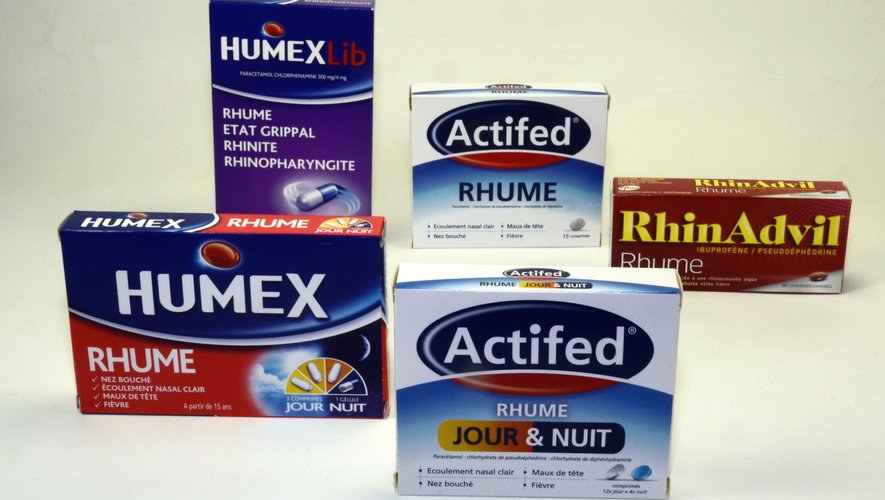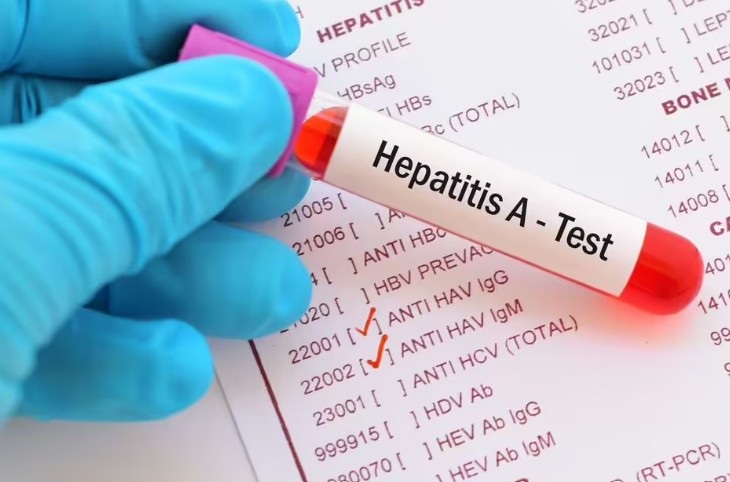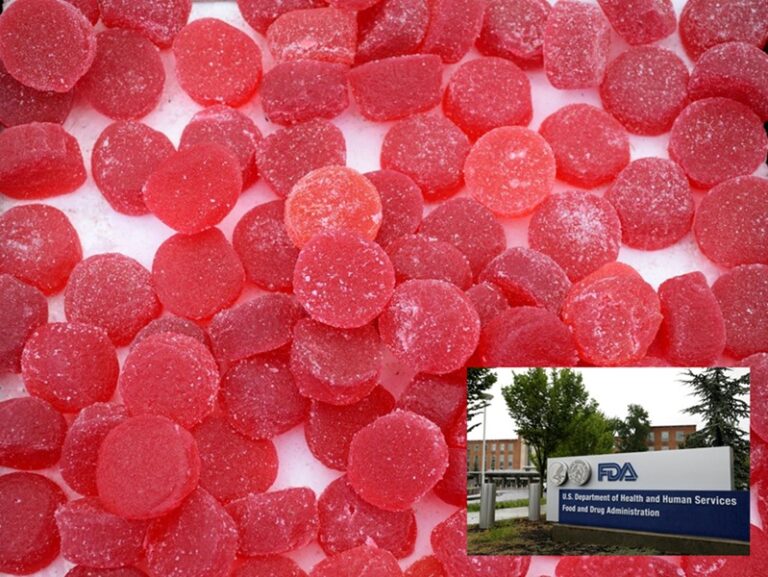In a recent announcement, the French National Medicines Safety Agency (ANSM) has raised concerns about the use of oral vasoconstrictor medications commonly used to relieve nasal congestion caused by colds. The ANSM has recommended that individuals refrain from using medications such as Actifed Rhume, Humex, Rhinadvil, Nurofen Rhume, and Dolirhume, which contain pseudoephedrine. The agency has cited rare but potentially severe side effects and health risks associated with these over-the-counter drugs.
The director of ANSM, Christelle Ratignier-Carbonneil, emphasized the potential dangers of these vasoconstrictor medications, stating that they can lead to “heart attacks and strokes.” The agency believes that there are non-pharmacological alternatives that can be just as effective in alleviating nasal congestion while minimizing health risks. These alternatives include using suitable nasal wash solutions like physiological serum, thermal water, or sea water sprays, as well as ensuring proper hydration.
The ANSM’s advisory has been endorsed by several prominent medical organizations, including the College of General Medicine, the National Professional ENT Council, the National Order of Pharmacists, and community pharmacists’ unions. These groups have collectively advised against using oral vasoconstrictor medications, reinforcing the ANSM’s position.
However, not everyone agrees with this cautionary stance. NèreS, a representative organization for pharmaceutical laboratories, believes that the benefits of these drugs still outweigh the potential risks. According to NèreS, the number of pharmacovigilance cases related to these vasoconstrictors has not shown a significant increase. In the past sixteen years, during which 1.16 billion boxes of these drugs were dispensed, there were only 18 reported cases of serious conditions, such as posterior reversible encephalopathy syndrome (PRES) or cerebral vasoconstriction syndrome (RCVS). NèreS argues that the association between these cases and the vasoconstrictor medications may not be direct, as there could be other confounding factors involved.
It’s worth noting that the ANSM had previously requested a re-evaluation of vasoconstrictor medications on a European scale in February 2023, based on new data that was not disclosed publicly. As of now, the European Union has not released its conclusions, and the sale of these medicines remains authorized throughout the European Union. The European Union’s decision will determine whether these medications should continue to be available on the market, with the potential for modifications, suspensions, or withdrawals across the EU.
These oral vasoconstrictor medications are available without a prescription in many countries, including France. This ongoing debate highlights the importance of balancing the potential benefits of these common cold remedies with the associated health risks, prompting individuals to make informed choices when seeking relief from nasal congestion during cold and flu seasons.
While the ANSM advises against their use, the final decision will ultimately rest with European health authorities, whose verdict will have widespread implications for millions of individuals relying on these medications for relief.
(Source: Le Monde)









